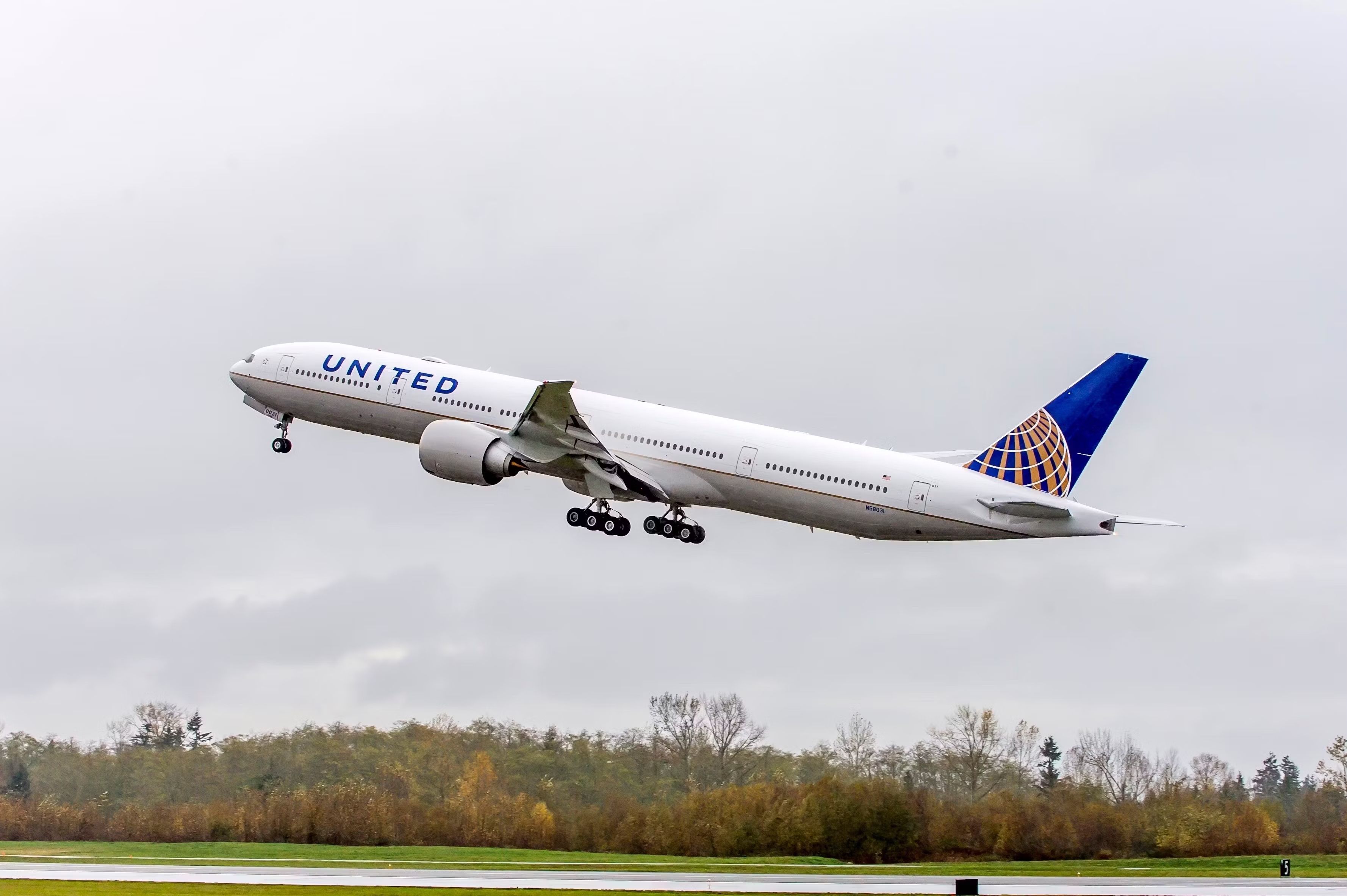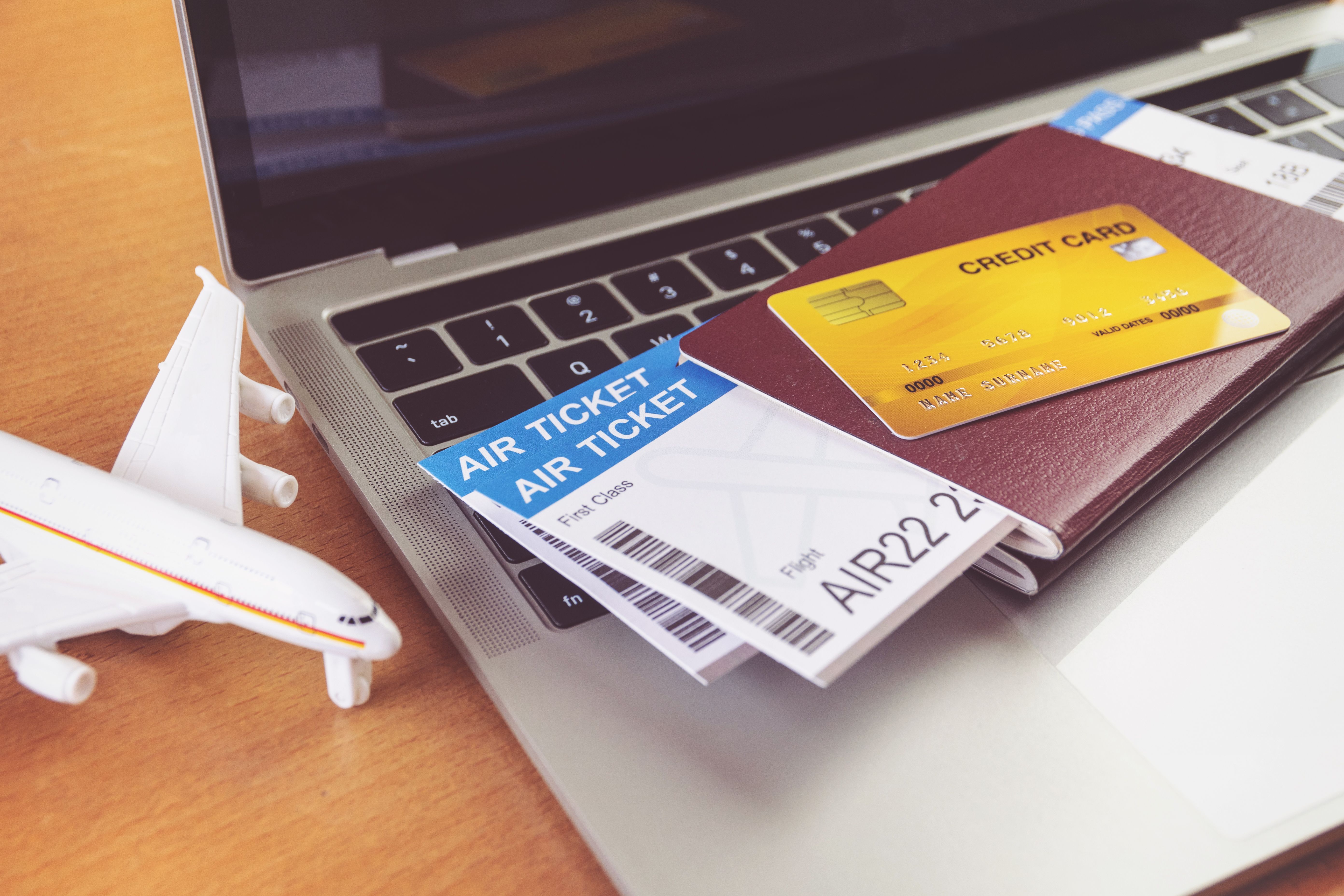Summary
- Skiplagging involves booking a flight with a stopover but intentionally not catching the second leg of the trip, which can be cheaper than booking a direct service.
- While skiplagging is not illegal, airlines can ban passengers, and it can cause operational issues for the airline.
- American Airlines has launched a lawsuit against Skiplagged.com and stricter regulations may result from the lawsuit.
You may have seen skiplagging making headlines again recently - this comes after American Airlines launched a lawsuit against travel website Skiplagged, which specializes in helping its visitors find 'hidden-city ticketing'.
What exactly is skiplagging?
Skiplagging is the practice of booking a flight involving a stopover but not catching the second leg of the trip because the stopover was the intended destination all along. Due to the intricacies of ticket pricing, it can often be much cheaper to visit a destination not by flying there on a direct ticket but by booking a flight involving said destination as a stopover.
For example, an American Airlines passenger booked a flight from Gainesville, Florida, to New York, with a layover in Charlotte, but simply got off in Charlotte with no intention of flying to New York. The teenager found himself in hot water with American, receiving a three-year airline ban, and was forced to pay the full fare for his Gainesville-Charlotte flight.
Lawsuits and airline bans
While it isn't illegal, skiplagging will almost certainly get you in trouble with your chosen airline (if you get caught). The practice is against most US carriers' conditions of carriage and, along with a loss of revenue, can cause problems from an operational perspective.
American Airlines said in a statement to NBC News,
"If a customer knowingly or unknowingly purchases a ticket and doesn’t fly all of the segments in their itinerary, it can lead to operational issues with checked bags and prevent other customers from booking a seat when they may have an urgent need to travel. Intentionally creating an empty seat that could have been used by another customer or team member is an all-around bad outcome."
American Airlines has now launched a lawsuit against Skiplagged.com, a leading provider of cut-price fares that take advantage of pricing disparities between direct and one-stop flight itineraries. United Airlines also attempted to sue Skiplagged back in 2015, accusing the site of "unfair competition and deceptive behavior," but the case was ultimately thrown out.
Discover more aviation news with Simple Flying.
Is skiplagging still possible?
While it seems you could get away with it more frequently in previous years, it seems far less viable today - this is in large part due to websites like Skiplagged making the practice much more conspicuous, forcing airlines to take action. Back in 2021, American Airlines warned its travel agents it would be monitoring skiplagging much more closely, while in 2019, Lufthansa attempted to sue a business class passenger for saving thousands on a fare via skiplagging.
The outcome of American's lawsuit will likely set an industry precedent for the practice. The airline is accusing Skiplagged of "often charging consumers more than if they had booked a ticket directly with American or through an authorized agent of American" and claims the website is not an authorized agent and has no authority to issue tickets. Should the carrier's lawsuit be successful, stricter regulations on third-party ticketing sites like Skiplagged could be enforced, putting an end to the controversial practice of skiplagging.
Have you ever skiplagged before? Were there any repercussions from the airline? Let us know your experiences in the comments.
Source: NBC News



